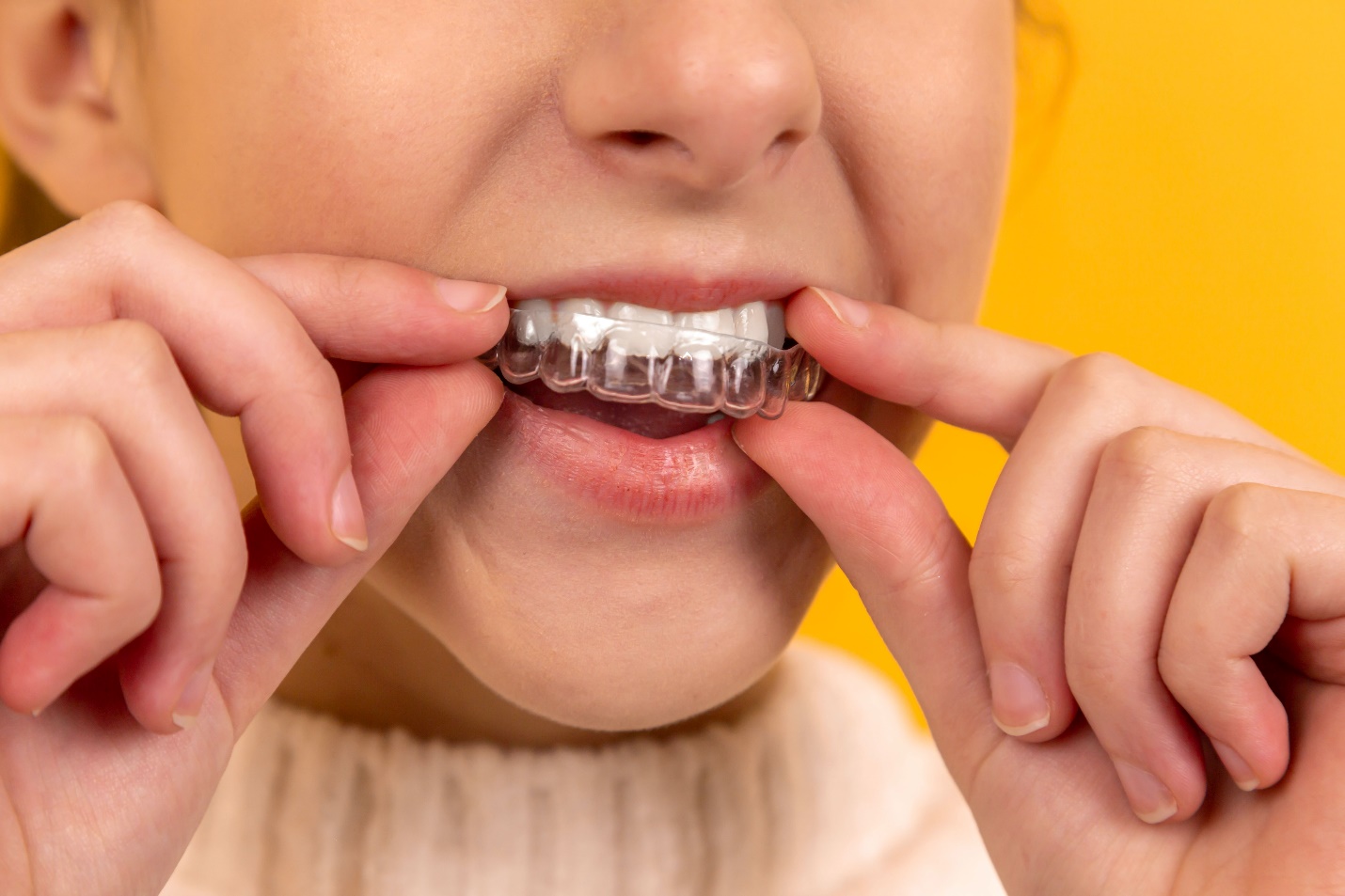Invisalign London can seem a little bit magical or a little bit too good to be true. These clear plastic mouth guards can be worn over the teeth, straightening them over time, in a convenient non-intrusive way. Perhaps it seems too simple or an idea you could have had yourself! This article looks a bit more into how they work and answers a few of the common online misconceptions about clear aligners.
Do invisible aligners close gaps?
Reducing gaps between teeth, minimising spacing or correcting crowded or rotated teeth is one of the main functions of aligners and an important part of the treatment process. A movement of 0.2 mm per aligner is considered typical when it comes to closing gaps.
Are aligners any good at correcting your bite?
Aligners are considered clinically useful for mild misalignments or moderate if molars are not involved. Aligners are not purely cosmetic and can significantly improve the vast majority of bite issues, depending on the severity.
Will aligners move my jawline?
Having your teeth mesh together can have a significant effect on your jawline. Clear aligners will gradually alter the positions of your teeth and you may find it more comfortable for your mouth to close in a different position than you might be used to, therefore altering some of your jawlines. But true jaw extension would require more force than aligners generate and may require surgery.
Can aligners fix my overbite? Or an underbite?
In most cases, the ability of aligners to both push and pull teeth makes them suitable for treating overbites, underbites and crossbites. If they are not too extreme, many clinics will offer free assessments with no obligation allowing you to see how effective aligners could be without financial commitment.
Could invisible aligners damage my teeth?
The primary risk to your teeth from aligners comes from poor oral hygiene. It is required that you wear your aligners 22 hours per day for the duration of treatment for them to be effective. The natural flow of saliva over your teeth will be heavily disrupted, potentially heightening issues with cavities. There is also a risk that sugar or low pH beverages could become trapped between the aligner and your teeth, posing a very real risk to your teeth.
I grind my teeth at night, can an aligner be a good night guard?
It is very common to experience night-time grinding if you have a misalignment. It’s your body’s natural way of attempting to correct the alignment by forcing changes in tooth position. If your grinding is very light, it’s possible and aligners will not only correct the issue but provide another protective layer between your teeth, thus preventing further damage to the enamel. For very heavy night-time grinders, damage to the aligner could be enough to limit treatment.
Will clear aligners affect my speech?
Usually a clear aligner does not affect speech patterns in any significant way. If you have a whistle caught by a gap between your front teeth, particularly when you pronounce “th” phonemes, this will be stopped by wearing an aligner, along with any associated lisping.




